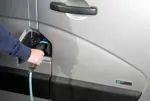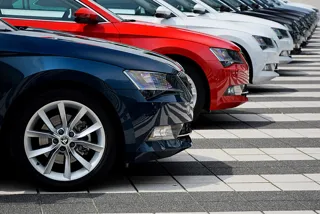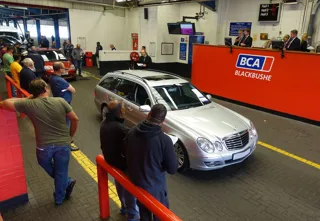Last year was an interesting one in which, overall, new car sales held up relatively well and returned one of the biggest years on record. That said, new diesel car sales took a tumble.
Used car sales volumes were at an all-time high and used car values remained strong, especially in the second half.
Moving into 2018 many of these trends will continue.
Exchange rates will still make the UK less profitable for many manufacturers and new registrations will continue to reduce, especially for diesel where the benefit-in-kind (BIK) tax change in April will further discourage company car drivers.
Brexit and the clean air debate could impact on consumer demand, but we do not expect any disruption to used car values.
The current trend for diesel values to deflate slightly more than petrol values will continue, as used diesel supply will outweigh demand.
Conversely, used petrol and hybrid cars will be in more demand and this will support their values.
The shift in the balance between petrol and diesel will be most felt among smaller cars. For larger cars – and where drivers cover high mileages and/or need to carry many passengers or to tow – diesel will continue to make sense.
PCPs may become more expensive due to a combination of higher interest rates, higher list prices and lower residual values, but PCP (and PCH) is here to stay as a funding method so we expect consumers will still renew their PCPs, but perhaps with less of a model upgrade than before.
The Worldwide harmonised Light vehicle Test Procedure (WLTP) will replace the New European Driving Cycle (NEDC), as a more accurate testing regime for CO2 emissions and fuel economy rates for new vehicles.
It is expected that CO2 emissions and mpg will be worse than under NEDC.
There is likely to be some confusion among consumers when WLTP is introduced, and this may result in some short-term fluctuations in new car sales and in used values, but soon buyers will get used to the new CO2/mpg figures.
We expect the current gradual shift from diesel cars to petrol and alternative fuel cars, and the current trends in used values will continue without WLTP having a significant impact.
By Andrew Mee, senior forecasting editor (UK) at Cap HPI


















Login to comment
Comments
No comments have been made yet.